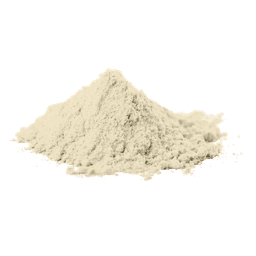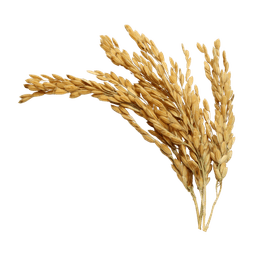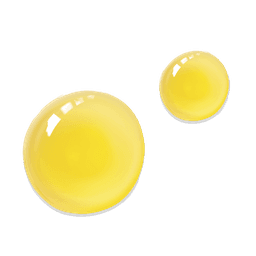Glycerin
Glycerin is the most used humectant in skincare, and approved by the FDA for wound and burn treatment.

INGREDIENT PROFILE
synonyms
glycerol glycerin 56-81-5 Glycerine PROPANE-1,2,3-TRIOL
INCI
Glycerin
What it Is
A triol with a structure of propane substituted at positions 1, 2 and 3 by hydroxy groups.
What it does
Improves skin barrier function, promotes wound healing
Targets
Hydrates skin Protects against irritation Enhances wound healing
Find it in
 SKIN RESTORING MOISTURIZER
SKIN RESTORING MOISTURIZEROverview
Glycerin, also known as glycerol or glycerine, is a simple triol compound. It is a colorless, odorless, and viscous liquid that is sweet-tasting and non-toxic. A mainstay in cosmetic formulations due to its many skin benefits which are still being explored.
Skin benefits
Promotes epidermal differentiation and aids in skin hydration. Forms a protection against external irritants.
What research has shown
Glycerin is a trihydroxy alcohol that has been included for many years in topical dermatological preparations. In addition, endogenous glycerin plays a role in skin hydration, cutaneous elasticity and epidermal barrier repair. Glycerin has numerous effects on the epidermis including improvement of stratum corneum hydration, skin barrier function and skin mechanical properties, inhibition of the stratum corneum lipid phase transition, protection against irritating stimuli, enhancement of desmosomal degradation, and acceleration of wound‐healing processes. Even an antimicrobial effect has been demonstrated
Peer reviewed science
- International journal of molecular sciences (2021)
- British Journal of Dermatology (2008)
- Annales Pharmaceutiques Franįaises (2011)



